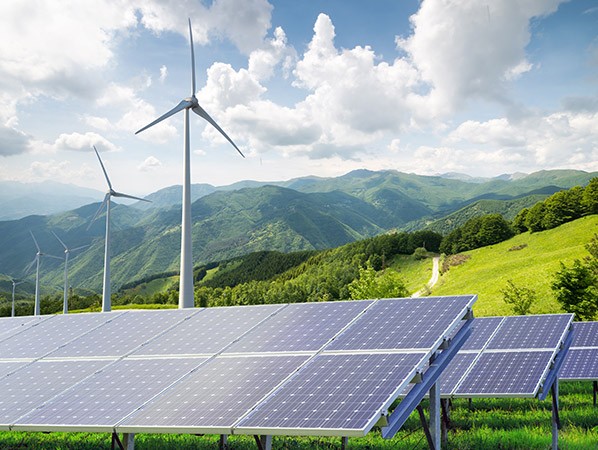
The FNLI is very concerned about the climate agreement that was presented on Friday 28 June. It is a political agreement but certainly not yet supported by industry. It lacks a connection with the practice of our industry. The food industry in the Netherlands is one of the global leaders in terms of energy efficiency. We also want to be at the forefront of CO2 reduction and achieve the ambitious target of halving CO2 emissions by 2030. Large investments are imminent. The Climate Agreement contains incentive measures to make the investments possible. But there are also a number of levies and taxes that should encourage companies to reduce emissions.
The sticks of the Climate Agreement, levies and taxes, add up enormously: the sharply rising ETS price, the announced increase of the ODE tax and the extra national CO2 tax. But the sticks are neither fair nor balanced. The ODE tax is the source of income for the financing of the SDE++ scheme. However, the tax is levied on companies that use gas and electricity. The coal and (natural) oil-fired installations in the energy-intensive industry are not affected. In a system that assumes that the polluter pays, every polluter has to pay.
The ETS scheme is the basis for the extra Dutch CO2 tax. However, this European scheme is unfair to the food industry (fallback heat benchmark problem). There is little the Dutch government can do about a European scheme. But with a simple intervention it can be prevented that this dishonesty is reflected in the extra Dutch CO2 tax! The carrot, the SDE++, is insufficiently accessible for our sector. Our industry can save a lot of CO2 (54 ETS companies) through company-specific projects, which are often efficient (many tons of CO2 per Euro invested). However, the technologies described in the SDE++ are too limited (limiting list) and the distribution is unclear.
In conclusion, the balance of roots and sticks in this Climate Agreement is hard to find for the food industry - which employs as many as 140,000 people. The Netherlands will be cultivated, and so will the food industry! The investments must be feasible and the levies must be bearable. We argue in favour of a climate agreement that makes this possible.
Source: © FNLI